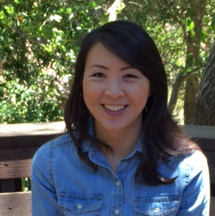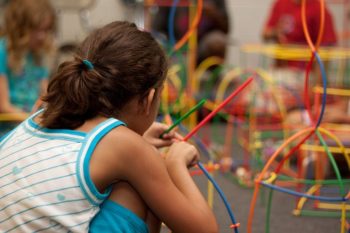 Being a Mom and Homeschool Teacher
Being a Mom and Homeschool Teacher
One of the beautiful benefits of homeschooling is how well I know my “students” before the school year even begins. I know their interests and aversions, their academic strengths and gaps, and their personality traits and quirks. I can adapt the curriculum and our days accordingly. I often know before the school day begins if they got a good night’s sleep, argued with a family member that morning, felt a little under the weather the night before, or have recently experienced the emotional loss of a family member. I also can anticipate that they might have trouble concentrating if something exciting is approaching, like a family road trip or a friend’s birthday extravaganza.
Understanding Our Children’s Learning Needs
Because I wear the hats of both mom and teacher, I have this information ahead of time. I can adapt the lesson, be an empathetic listener, take the time to teach them coping skills and process what is happening. As I homeschool my own children, I am grateful that I have the knowledge and flexibility to help them through the ups and downs of childhood and adolescence during the school day.
Being Objective as the Teacher
However, there is a flip side to doing life and school together with my children. Sometimes, the lines between school and home get blurred. Most of the time, we are traveling through life experiences together. If my child is hurting, struggling, or grieving, I often am experiencing those emotions as well.
Balancing Mom Responsibilities with Teaching
As a classroom teacher, it was easier for me to compartmentalize my life inside and outside of school and not bring my personal worries and distractions into the classroom. As the mom and teacher, it takes a concentrated effort during hard or stressful seasons of life to not let my personal life seep into our school day. Children are so intuitive. They can sense and often reflect the emotional state that we project. I can get sidetracked by the growing pile of laundry, the upsetting doctor’s call that came right before the school day, or the worries that interrupted my sleep the night before. If I do not set these distractions aside to focus on our school day, those emotions will transfer to my kids, interrupting their education.
Blending Home and School Needs
It takes intention to know when to blend home and school, when to process life together during the day, and when to set it aside until later. The close proximity of school and home can be a blessing and a burden. Recognizing this duality is the easy part. Finding a healthy balance takes awareness and commitment.
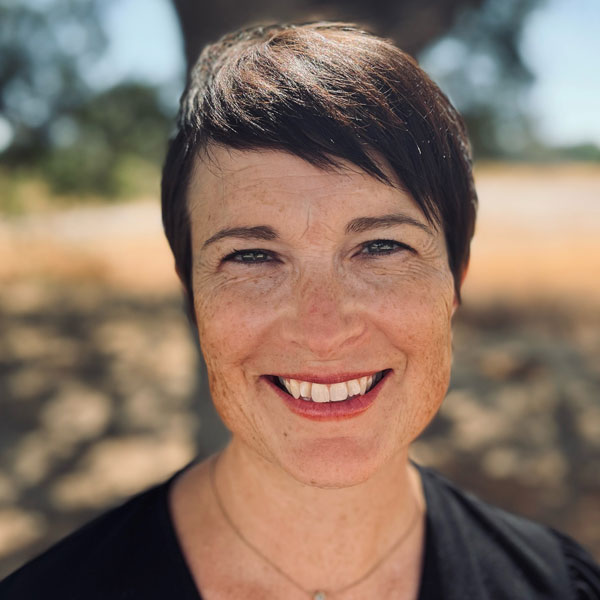
Jo Baldwin first considered teaching as a career in seventh grade after helping a cousin survive summer school homework. Jo’s high school English teacher also inspired her love of teaching and continues to be one of her mentors to this day. After graduating with a B.A. in English and a secondary teaching credential from Northern Illinois University, she moved to California and taught in a private secondary school and then a public middle school. Jo now spends her time homeschooling two of her children, chasing animals on her hobby farm, and writing children’s literature. She loves to travel and explore wherever life takes her, wander through used bookstores, drink strong coffee with plenty of cream, and use newly sharpened pencils. She agrees with William Butler Yeats’ viewpoint on learning: “Education is not the filling of a pail, but the lighting of a fire.”
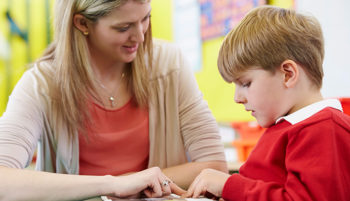 Why I Homeschool
Why I Homeschool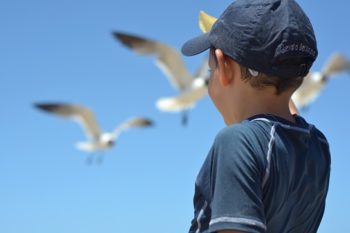 Parenting an Athlete
Parenting an Athlete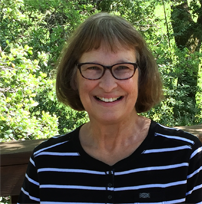
 Purposeful Parenting and Overcoming Challenges
Purposeful Parenting and Overcoming Challenges Parent Support of Student Assessments
Parent Support of Student Assessments